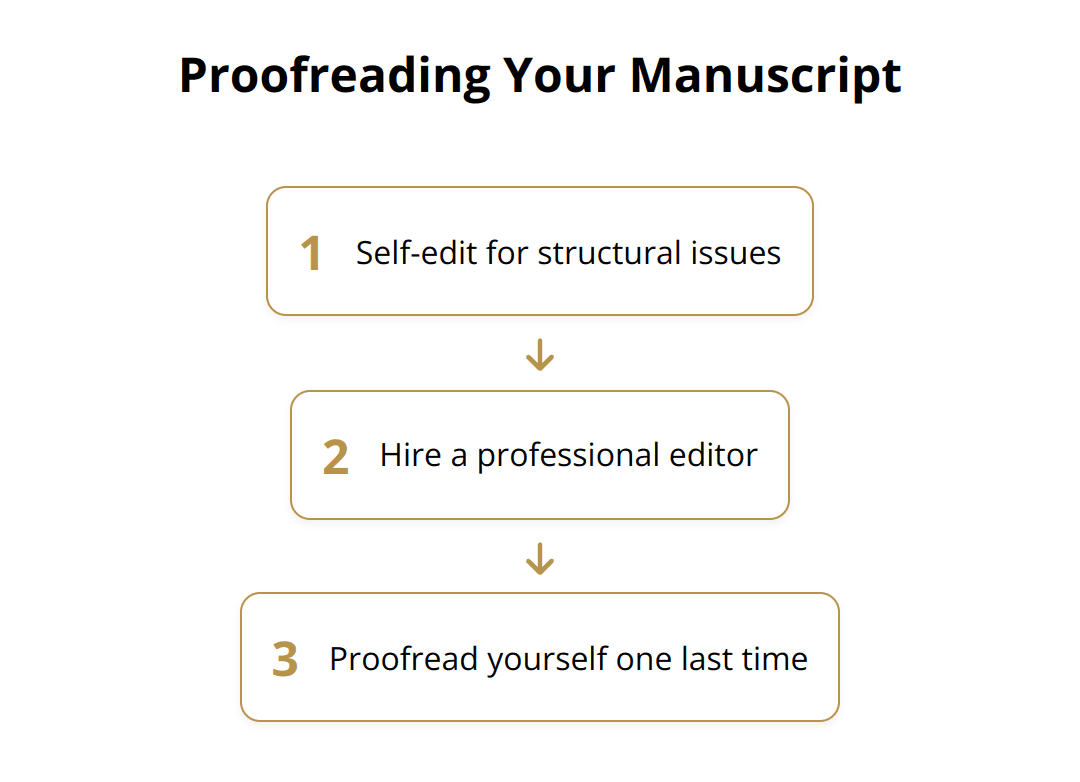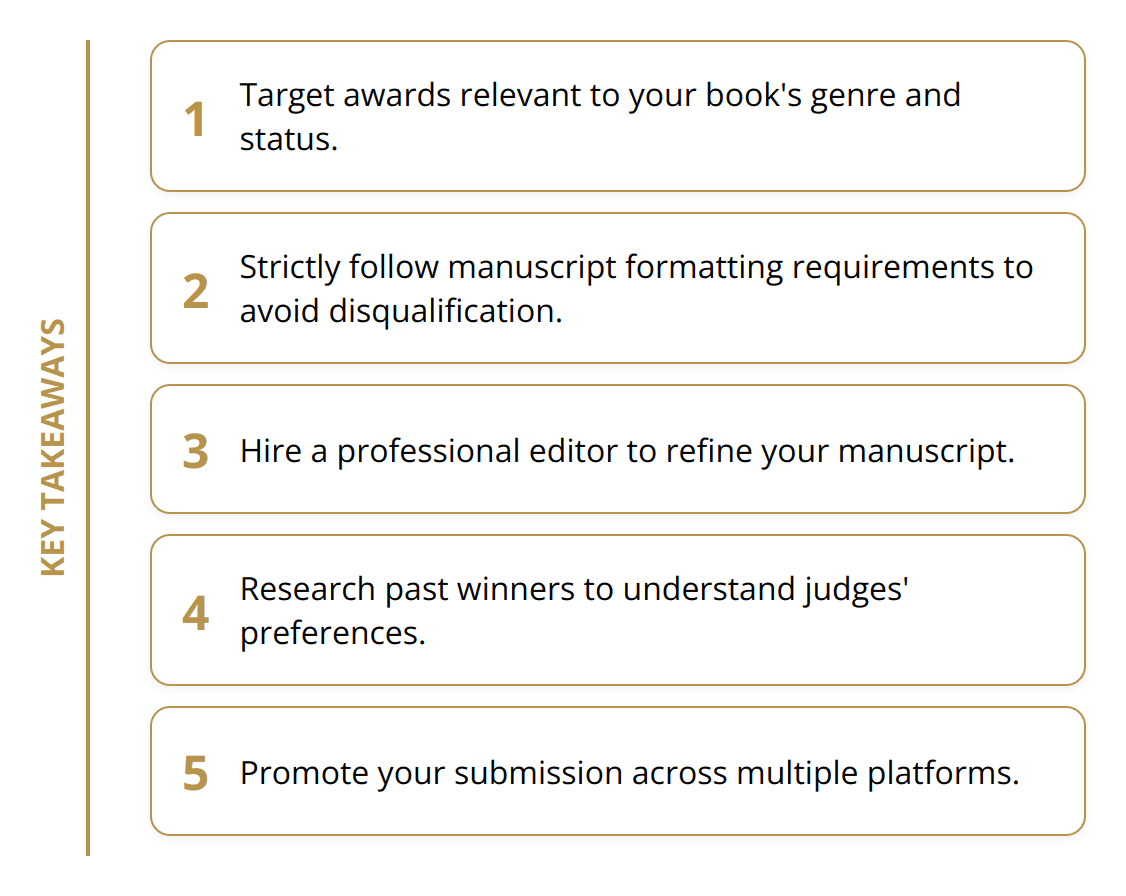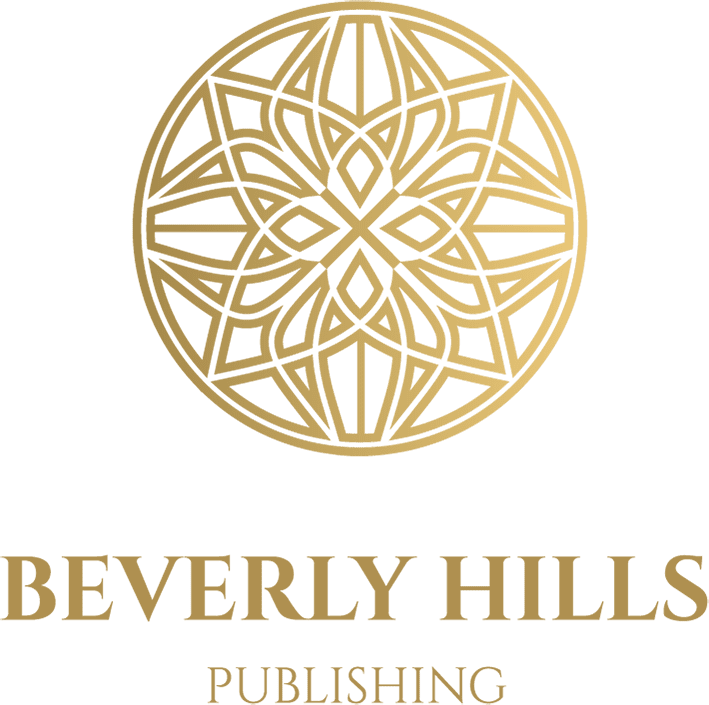Submitting your work for literary awards can be a game-changer, opening doors to recognition and new opportunities.
We at Beverly Hills Publishing know how important each detail is in this process.
We’ll guide you through the different types of awards, preparation steps, and strategies to heighten your chances of winning.
Let’s get started!
What Types of Literary Awards Should You Know About?
Literary awards come in various forms, each with its own criteria and prestige. Knowing the different types can help focus your efforts and maximize your chances.
National and International Awards
National awards, like the Pulitzer Prize in the U.S., offer significant recognition and often come with financial rewards. These awards typically require books to be published by local publishers. For instance, the National Book Awards mandate that books be published by U.S. publishers and require a $135 entry fee per title. Winning or even being a finalist in such awards can elevate your profile tremendously.

International awards, such as the Man Booker Prize, broaden your work’s reach globally. They involve specific criteria, especially for translated works. These awards often require collaboration between authors and translators. The competition is stiff, but the rewards are substantial, both in terms of prestige and market reach.
Genre-Specific Awards
Niche awards, focusing on genres like science fiction, fantasy, or nonfiction, offer more targeted recognition. For example, the Hugo Awards celebrate excellence in science fiction and fantasy. Data indicates a historical bias toward male authors in these awards, though this is changing. Authors should research genres that align with their work. Winning an award in your genre can attract a dedicated readership and enhance your credibility within that niche.
Here are some noted trends:
-
Awards like the Hugo and Nebula show a gender bias but are becoming more inclusive.
-
Leveraging genre awards can significantly boost visibility among specific reader groups.
Emerging Writer Awards
For new writers, awards aimed at emerging talents can serve as an excellent launchpad. Programs like the PEN America Emerging Writers Awards provide a platform for unpublished or early-career writers. These awards can introduce you to a broader community of readers and industry professionals.
Consider these practical tips:
-
Look for awards specifically targeting debut works or first-time authors.
-
Check the submission guidelines carefully to meet all eligibility criteria.
-
Use these awards to build your professional network and gain industry insights.

By focusing on the right literary awards, you can strategically position your work for the recognition it deserves. For further insights into how to enhance your professional standing, visit our personal branding guide.
How to Prepare Your Manuscript
Formatting Requirements
Proper formatting can make or break your submission. Awards often have strict guidelines that, if not followed, can result in disqualification. Use a standard font like Times New Roman or Arial, size 12. Double-spacing is usually required to allow judges to take notes if needed. Ensure your margins are set to 1 inch on all sides. Page numbers should be included, typically in the footer. Following these basic formatting rules ensures your manuscript is easy to read and professionally presented.
Editing and Proofreading Tips
An error-filled manuscript won’t make a good impression on judges. Start with a thorough self-edit, focusing on structural issues like plot consistency and character development. After that, hire a professional editor. According to the Editorial Freelancers Association, rates can vary from $30 to $60 per hour depending on the level of editing required. Finally, proofread the manuscript yourself one last time to catch any minor errors that may have been missed. Investing in professional editing can significantly increase your chances of advancing in the competition.

Submission Guidelines and Deadlines
Adhering strictly to submission guidelines and deadlines is non-negotiable. Check the award’s website for specific instructions on how to submit. This could include both digital and physical copies. Keep track of deadlines meticulously; most awards have a specific window during which submissions are accepted. Missing this window means forfeiting your chance for that particular year. Always double-check the requirements and give yourself plenty of time to gather all necessary materials.
-
Practical Tips:
-
Book award fees can range from $0 to $500
-
Deadlines vary, so consult each award’s timetable
-
Each award may require multiple copies of your book, both digital and hard copy
Useful Tools
Several tools can help streamline your preparation. Grammarly is excellent for catching grammar mistakes, while Scrivener offers tools to help with formatting. For those looking for a detailed approach, the National Book Awards have a comprehensive guide on their submission process.
Following these steps diligently will not only improve your manuscript’s quality but also align it with what judges expect, enhancing your chances of success.
How to Boost Your Odds of Winning
Research Past Winners and Judges
Analyzing past winners and judges can provide critical insights. By examining the types of books that have won previously, you can identify trends and preferences. For example, data shows that certain awards have a history of favoring particular themes or styles. The Man Booker Prize often favors complex narratives, while genre-specific awards like the Hugo Awards have recently leaned towards more inclusive works. Understanding these trends allows you to tailor your submission more effectively.

Craft a Compelling Synopsis
Your book’s synopsis is your elevator pitch. Craft it to capture attention immediately. A well-crafted synopsis highlights the main conflict or theme, introduces key characters, and gives a glimpse of the resolution—all within 300 words. Judges often read the synopsis before the manuscript, so make it count. Incorporate vivid language and avoid vague descriptions. This short synopsis should compel judges to want to read more.
Promote Your Submission Strategically
Promotion doesn’t stop at submission. Use your author platform to spotlight your entry. Leveraging social media, blogs, and email newsletters builds anticipation and extends your reach. For instance, a targeted email campaign that highlights your book’s specific strengths can attract attention from judges and the larger literary community. Learn more about effective campaigns in our email campaigns.
Consider these practical tips to enhance your efforts:
-
Engage with Literary Communities: Join forums and groups where judges may also be members.
-
Use Multiple Platforms: Diversify your promotion across social media, blogs, and email.
-
Highlight Award Entry: Make it clear that your book is in the running for an award.
By focusing on these strategic actions, you can maximize your chances of not just being noticed but winning the literary awards you target.
Conclusion
Preparing to submit your work for literary awards involves meticulous attention to detail and strategic planning. From understanding the different types of awards—be it national, international, or genre-specific—to ensuring your manuscript meets all formatting and submission guidelines, each step is a crucial part of the process.

The journey to winning a literary award doesn’t just improve manuscript quality but also provides invaluable experience. Embracing this process can broaden your professional network, elevate your standing in the literary community, and open new doors for future opportunities.
Literary awards offer more than prestige; they validate your craftsmanship and increase your market reach. The recognition from such accolades can catapult your work to new heights, attracting readers and industry attention. Leveraging tools like Grammarly and Scrivener can make your submission more polished, while strategic promotion can build anticipation and broaden your reach.
We at Beverly Hills Publishing are committed to helping authors achieve success through our innovative approach to publishing, strategic branding, and marketing. Learn more about how we can help you become a leading authority in your industry by visiting Beverly Hills Publishing.
Embrace the challenge, follow the guidelines meticulously, and use every tool at your disposal to enhance your chances of winning. The value of participating in literary awards goes beyond the accolades; it’s about becoming a part of a larger literary community and furthering your career as an author.















































































































































































































































